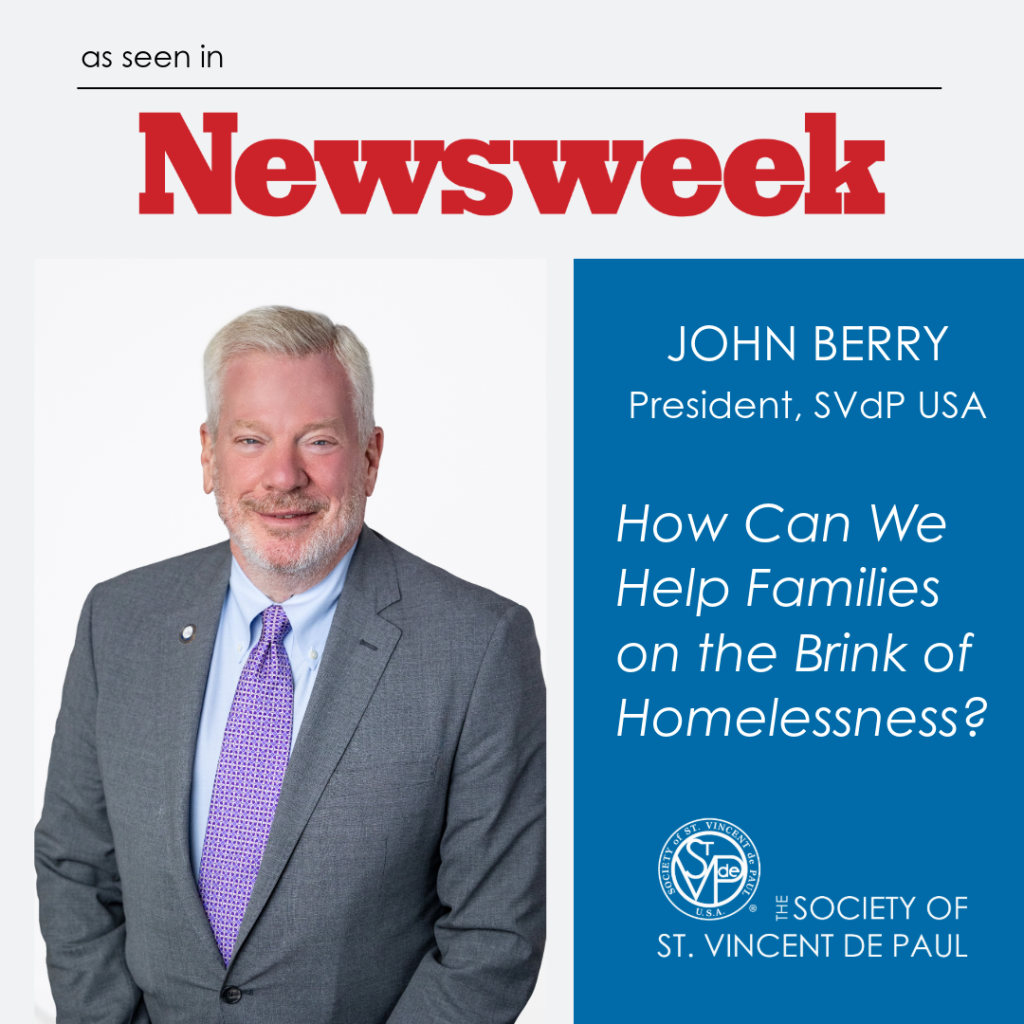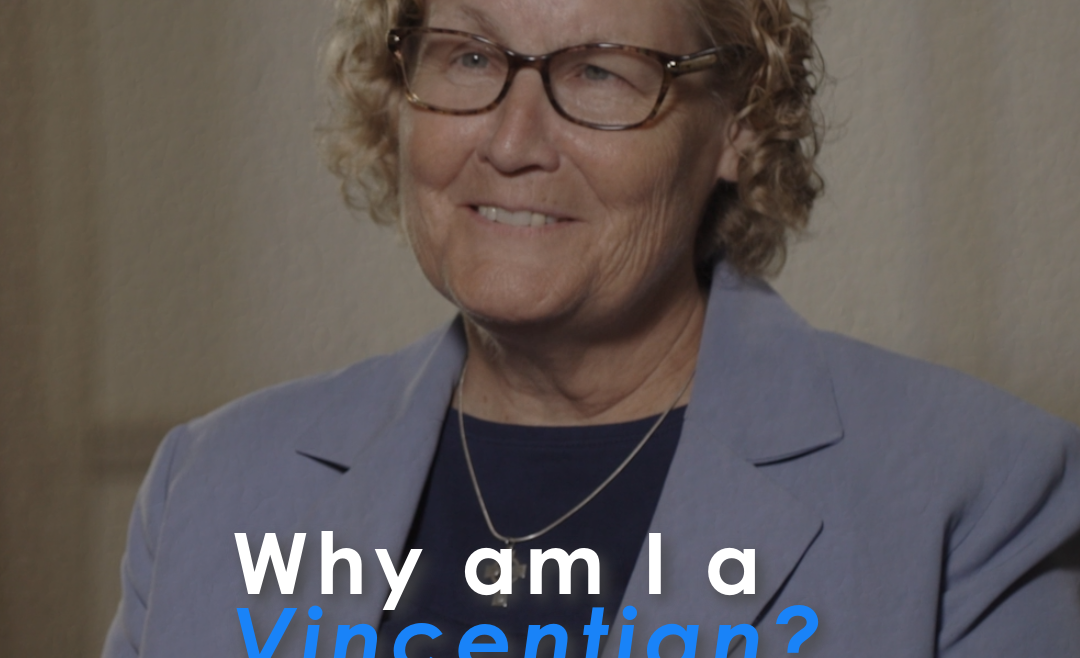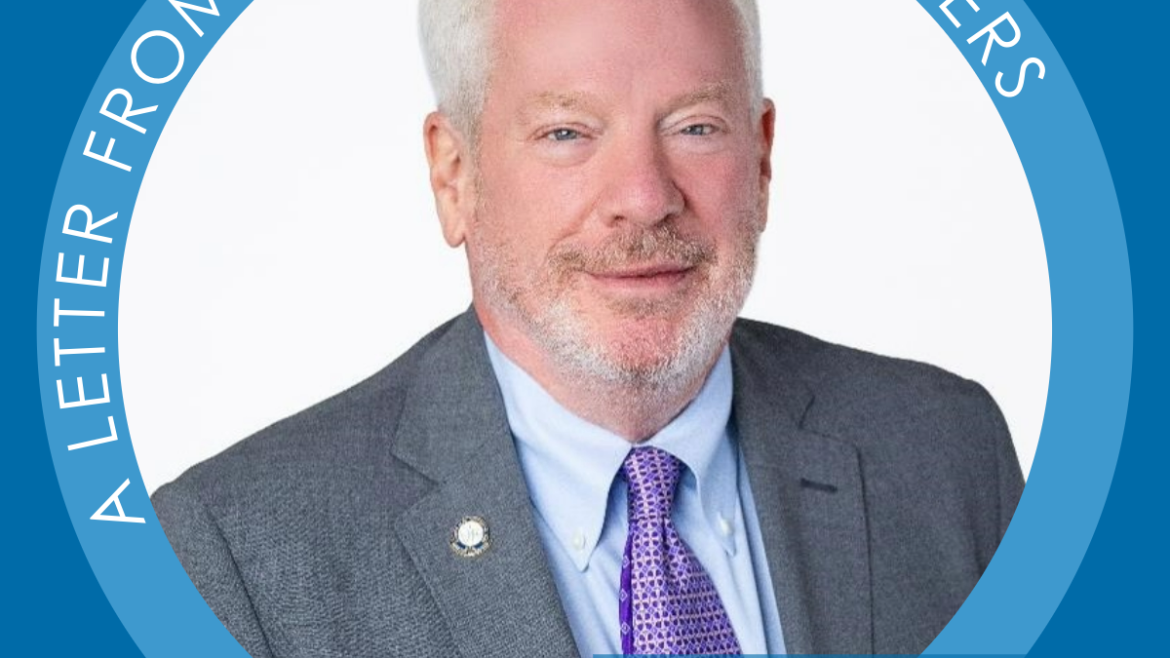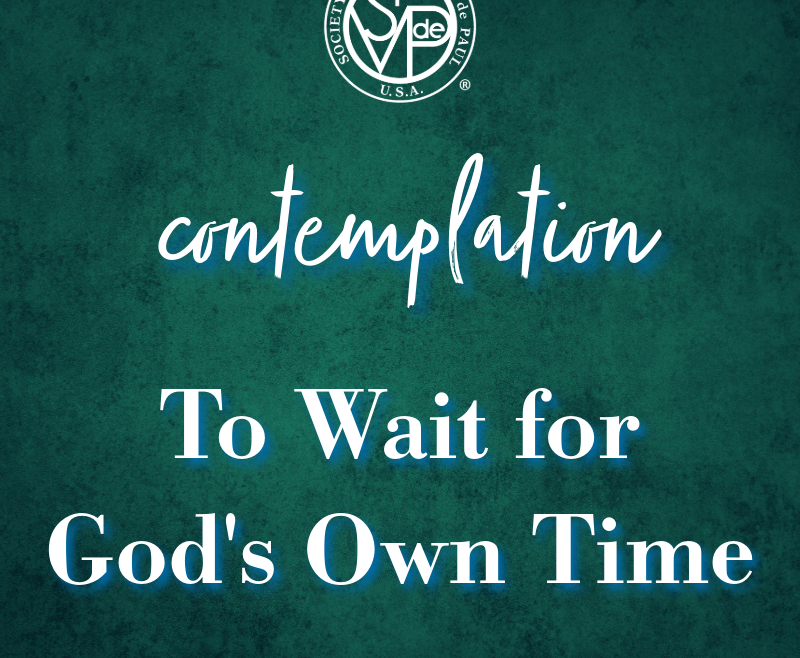Wayne Bugg shares his story as a Vincentian
Hear what Wayne Bugg has to say about his experience with the Society of St. Vincent de Paul from a young age, and how his encounters with Vincentians over the years guided his path in life to become the Vincentian that he is today and serve as the Associate Executive Director of St. Vincent de Paul Twin Cities.
Wayne Bug, Associate Executive Director for St. Vincent de Paul Twin Cities:
My name is Wayne Bugg, and I’m the associate executive director for St. Vincent de Paul in the Twin Cities. Around the age of 15, my next-door neighbor worked for St. Vincent de Paul. He invited me to come and hang out with him and move some furniture. At the time, I was a high school dropout and I needed to make some legal money. I needed to make some changes in life. So this was like a divine intervention that this young man reached out to me. So I originally started off as a neighbor in need.
As I came on working for the thrift store, it was culture shock. So I came here to make money and have come to find out that people that are volunteers are working for free. I couldn’t understand the concept and so I found out over a period of time that it was their love for God and their love for people that had called them to do this and this level of love. After many, many conversations, they began to pour into me. I think I had issues with my image as an image bearer of God. I really didn’t see that, but they saw that in me. And in one particular person, Darrell Bach, the Council president, began to talk to me and told me how unique and special I was and how I needed to go back to school because at that point I was a high school dropout, and so that right there I think endeared me to the Society. They kind of do sometimes what we do with items at the thrift store. We give them a second chance. People donate them to us because they feel that they have no value and I felt like I didn’t have any value. But they were able to take me in, kind of shine me up a little bit and then represent me.
So I work during the day and went to school at night and eventually I got my GED and so I show back up with this piece of paper. I’m thrilled. Not many people that I grew up around, you know, have that or achieved that. I was ready to retire education wise, but Darrell said no it’s not enough. He was thrilled, but he said I had a greater capacity than me and so he talked me into going to college, and so I signed up for the Community College down the street.
Darrell was near retirement age and so they had just hired executive director Ed Curran and he came along. I felt as though there was like, there’s this agreement between the two that he will continue to mentor me, and so here I am hanging out with Ed and watching Ed from you know, from afar, watching him be a husband and a father and some of those things that I didn’t know that they were possible. I saw a lot of broken relationships and things of that nature, so I was encouraged by his lifestyle.
So I finished school, I got my associates degree. And I came back to Saint Vincent and showed Ed, and he says, great, let’s finish. You can do more! And so he talked me into going to get my bachelors degree and so I signed up for classes and eventually I got my bachelors degree.
And even more so to me I got married, and I never thought as a kid that that would be something I wanted to do. But being able to see Daryl and see Ed and some of these other Vincentians, these couples, that came and volunteered changed my perception about marriage and that you can be happily married. So this is one of the things that kind of impacted me. And along that path, my wife eventually she got pregnant and we had twins. One of the Vincentians, Margaret Kuznia, she said Wayne, while your wife is in these early stages I will come to your house three to four times a week and just cook, whatever else that you need me to do. This is one of those things that communicated the Vincentian virtues that demonstrated the gospel, how Jesus and his level of intimacy that he had given to people. So these are some of the things that kept me there at the Society even after getting my diploma.
Now the roles have kind of changed where I was the mentee and I was receiving all this mentorship and to a degree I still do, but now I have an opportunity to engage with our employees. They have similar stories and situations where they feel that they’ve been abandoned, that they’ve been broken and so I am able to pour into them these same truths about God and his ability to redeem and recover. And then also our neighbors that come in and some of our neighbors are in distress and they come in and they are in the midst of a situation and they don’t have anywhere to turn. But we get to be the beacon of light, the lighthouse in the community. It’s a thrill and a privilege for me to be able to serve in that capacity. Everything has been poured into me. To establish relationships and to love people in a way that so many people yearn for is one of the reasons why I continue to stay with Saint Vincent de Paul and continue to be marveled by all the individuals in this wonderful organization.

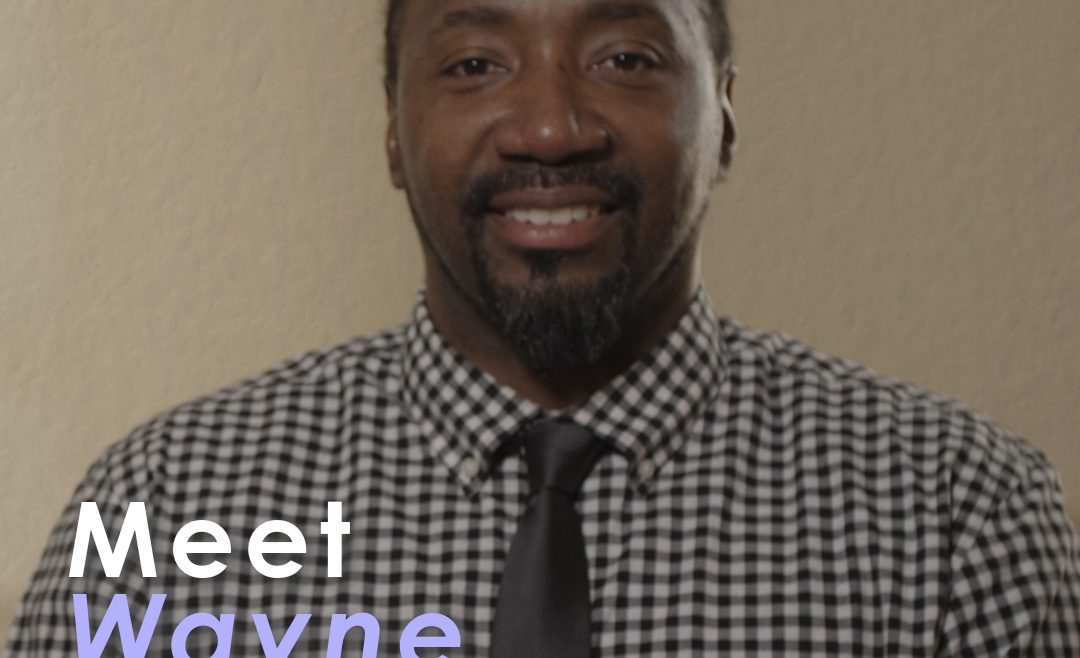
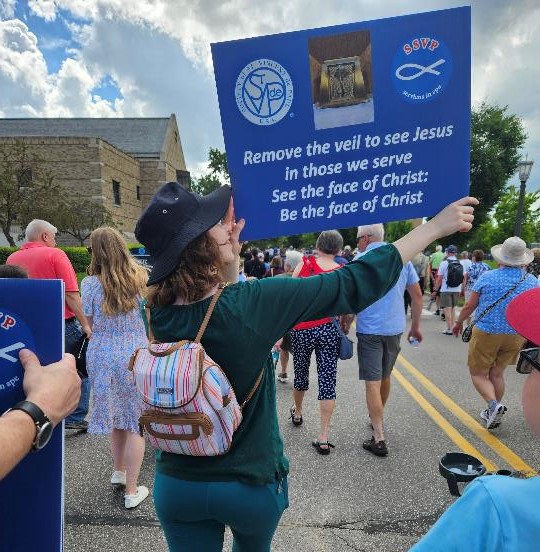
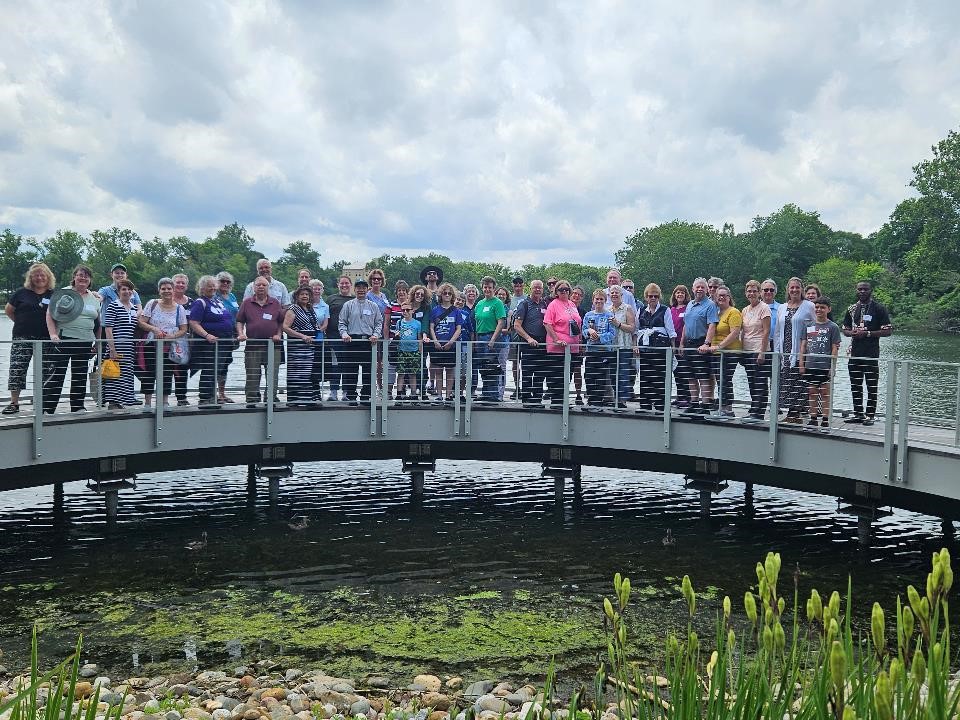
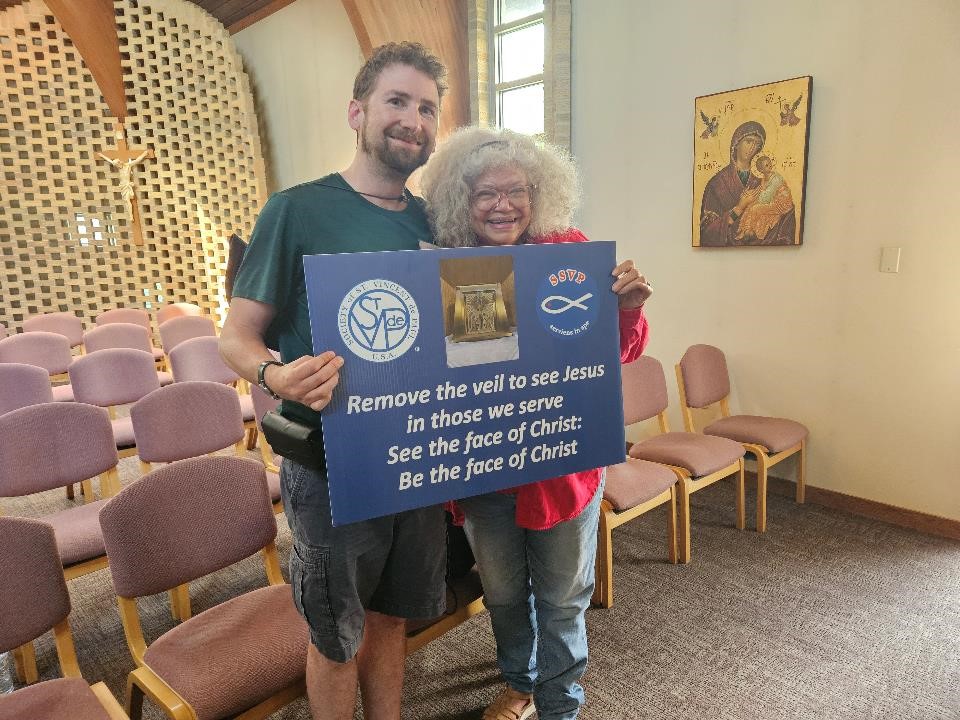

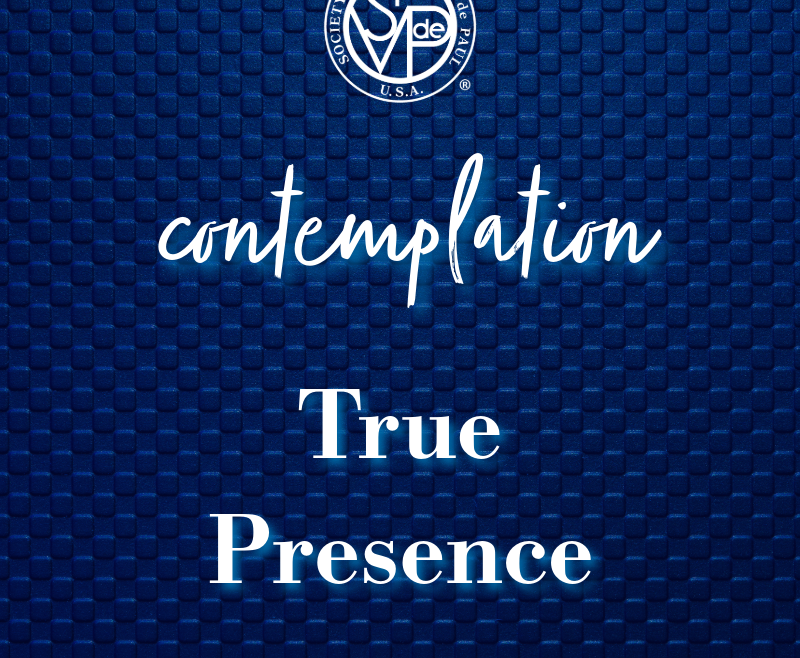
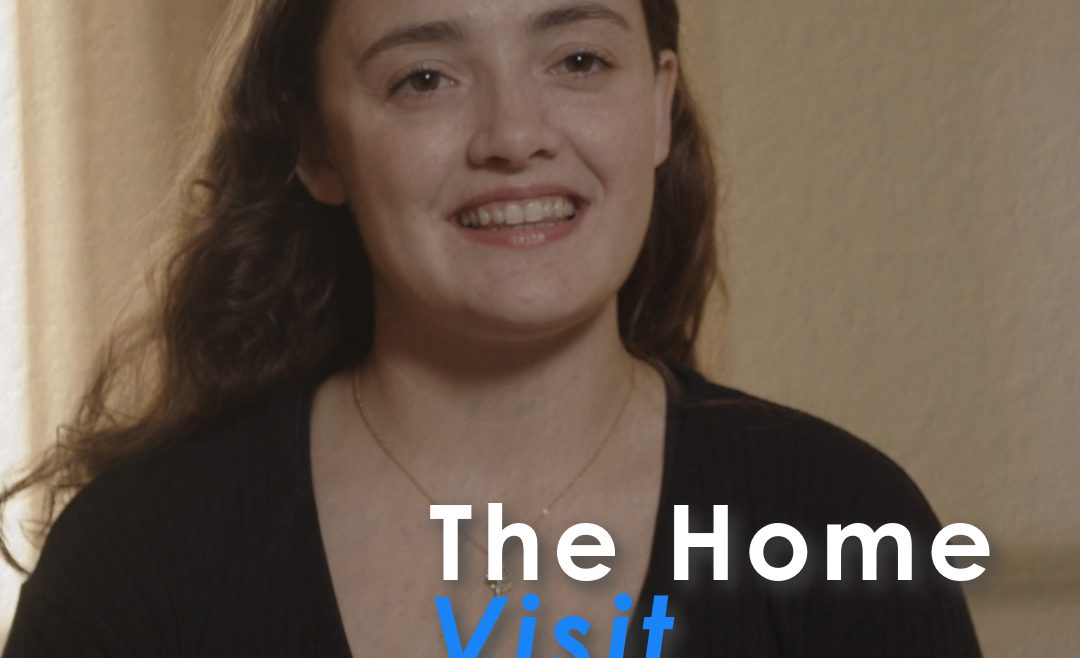
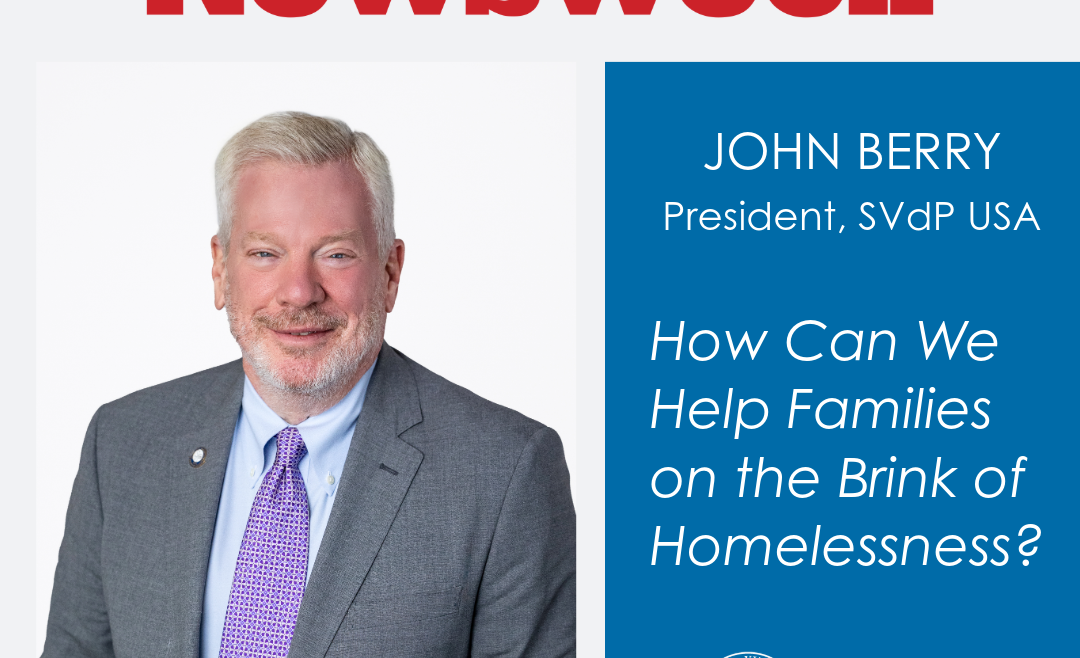
 The Supreme Court’s ruling in City of Grants Pass, Oregon v. Johnson calls fresh attention to the nation’s homelessness crisis. In its decision, released last week, the Court ruled that local ordinances with civil and criminal penalties for camping homeless on public land do not violate the Eighth Amendment’s protections from cruel and unusual punishment.
The Supreme Court’s ruling in City of Grants Pass, Oregon v. Johnson calls fresh attention to the nation’s homelessness crisis. In its decision, released last week, the Court ruled that local ordinances with civil and criminal penalties for camping homeless on public land do not violate the Eighth Amendment’s protections from cruel and unusual punishment.